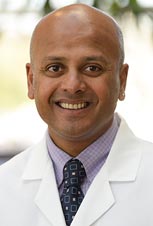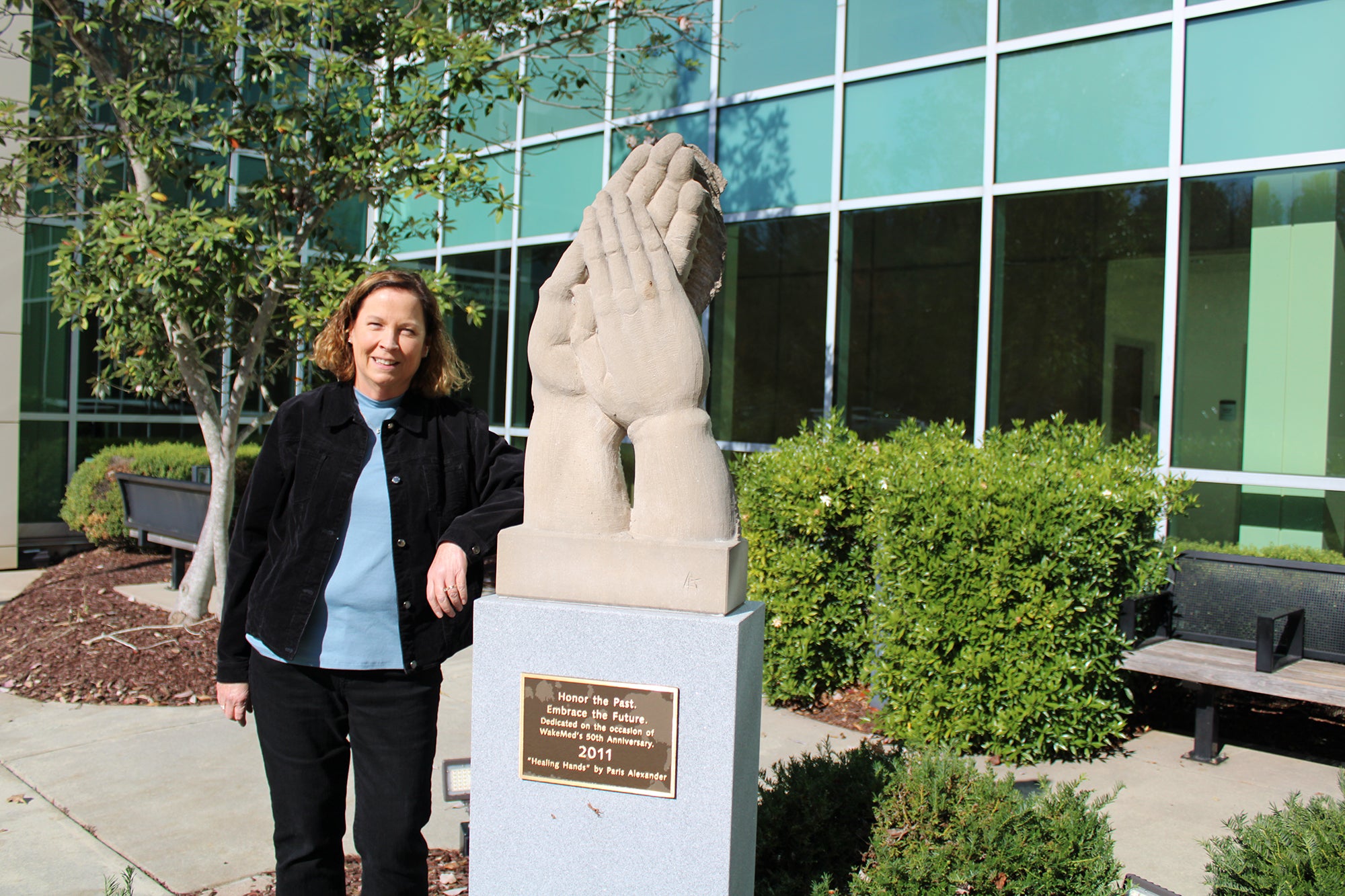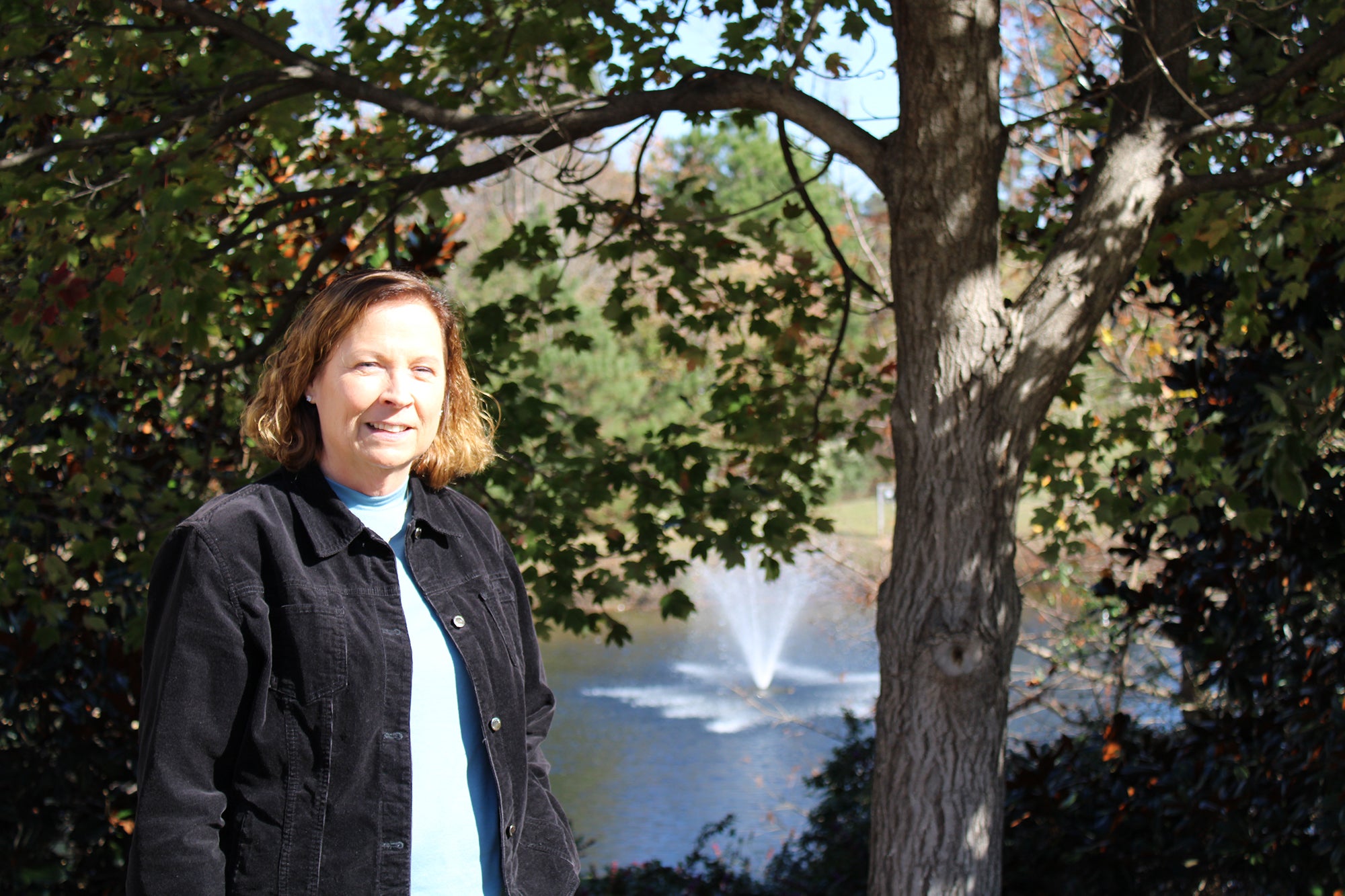In June 2022, upon turning 59 years old, Dina Cobb was determined to lower her BMI and get in better physical shape before her 60th birthday. She began taking an FDA-approved prescription medication for weight loss. Three weeks in, Dina started experiencing lightheaded episodes that worsened as the days progressed. Thinking she was having side effects from the medication, she consulted with her primary care provider who ordered an electrocardiogram (EKG) and advised her to discontinue the weight loss medications.
The results of the EKG were abnormal, so Dina was referred to a cardiologist. In the interim, episodes of light-headedness lessened though they still occurred.
Dina says, “Sometimes I would also experience shortness of breath and heart palpitations. I felt like it was side effects from the weight loss meds and convinced my family, friends and coworkers of the same.”
Weight Loss Medication Proven Innocent
During her initial cardiology consult on August 4, she did not experience any episodes, and all her vitals were normal.
Early the next morning, Friday, August 5, she had multiple lightheaded episodes and felt ill all day.
“That night, my heart would not stop fluttering with palpitations,” explains Dina. “I finally admitted to my family that I needed to go to the emergency room.”
A Series of Unfortunate Heart-Related Symptoms
Upon arrival to the WakeMed Apex Healthplex Emergency Department, Dina was immediately triaged and hooked up to a heart monitor. She received an EKG and a blood draw. An emergency medicine physician spent some time observing Dina’s heart rate, which was quite variable. Upon conferring with the team at WakeMed Cary Hospital, the care team decided it would be best to transport Dina to Cary Hospital.
Later that same evening, on August 5, the Mobile Critical Care Team transported Dina to the hospital.
Dina says, “Connie Lassiter, Ruby Salazar and Matt Avery took excellent care of me enroute to the hospital. I was continuously monitored. Although my blood pressure and heart rate dropped in their care, they made me feel at ease, and I knew I was in good hands.”
WakeMed Heart & Vascular Team Offers a Solution
 On Saturday, August 6, invasive cardiologist, Hemant Solomon, MD, FACC, RPVI, met with Dina. He, along with Jay Harless, PA-C, explained to Dina that she was experiencing sinus bradycardia (slow heartbeat) with atrioventricular block (partial or complete blockage to the electrical signal that controls heartbeats). As a result, she needed a pacemaker.
On Saturday, August 6, invasive cardiologist, Hemant Solomon, MD, FACC, RPVI, met with Dina. He, along with Jay Harless, PA-C, explained to Dina that she was experiencing sinus bradycardia (slow heartbeat) with atrioventricular block (partial or complete blockage to the electrical signal that controls heartbeats). As a result, she needed a pacemaker.
“I was shocked and emotional,” shares Dina. “Dr. Solomon was very patient as he allowed me time to digest the information and then ask questions.”
Once the care team stabilized her blood pressure and heart rate, Dina was scheduled for dual chamber pacemaker implantation early in the upcoming week.
However, the following morning, Dina experienced a few eventful symptoms.
She says, “I had endured a couple of lightheaded episodes going to the bathroom with my heart rate dropping to 18. The Rapid Response Team was immediately at my bedside, along with Dr. Solomon, Jay Harless and several others. I was administered epinephrine and dopamine which was not a pleasant experience. Lisa V. and Farooq F., of the Rapid Response Team, were so compassionate, holding my hand and letting me know the unpleasantness would pass soon. What an incredible job they did, under pressure, all while making me feel at ease and even making me smile.”
Dr. Solomon informed Dina that her procedure would now be scheduled within the hour. The team stepped into action to prep her for the pacemaker implant.
Dina says, “I can’t say enough about the nursing staff at WakeMed Cary Hospital. Nicole A. and Roxy S. were my primary nurses from August 5 to August 7. Both were responsive, compassionate and understanding. They worked tirelessly to make me comfortable and meet my medical needs. I am extremely grateful. Also, Jacob, the nurse assistant, was a breath of fresh air, making me smile and always being helpful.”
A Successful Pacemaker Implantation
Under local anesthesia and light sedation, Dr. Solomon performed the implantation procedure. Making a small, subcutaneous incision on the left side of her chest, near the clavicle, a small space was made for the insertion of the pacemaker. Leads connected to the pacemaker were run through her vein and placed into Dina’s heart using imaging guidance. The leads work to send a signal to the pacemaker to pace Dina’s heart when it would beat too slowly.
Dina’s pacemaker was successfully implanted for long-term benefits.

According to Dr. Solomon, this was a very special day for WakeMed. “We performed Dina’s procedure on a Sunday morning in the cath lab though we do not do weekend pacemaker procedures routinely. I credit our amazing team who willingly came in on their day off to help save this patient’s life. Through the WakeMed clinical administrative team and our care team, we orchestrated an emergent pacemaker procedure with just a moment’s notice for lifesaving care.”
Dina recalls the communications with team members asking them to come in, including one care team member who received the call as he was heading to church.
“I am so grateful for the sacrifices, dedication, technology and passion displayed that day by all involved,” she says.

And, in reflecting on her entire stay, Dina also reminisces with a heart full of gratitude.
She says, “Thank you to WakeMed Cary Hospital for making my three-nights’ stay a pleasant experience, in a not-so-pleasant health crisis. Everyone I encountered treated me as if I were family. It has taken me some time to process all that happened that weekend.
“I am forever grateful to Dr. Solomon for saving my life along with all the excellent medical staff who treated me. ‘Thank you’ doesn’t seem enough to express my appreciation for all involved.”
On Track for the 60th Birthday
Once Dina’s heart troubles were resolved, she got back on track with meeting her goal to get in shape and lose weight prior to her 60th birthday. This time, she is doing it the old fashioned way with a healthy diet and exercise.
Dina says, “Having a pacemaker has not stopped me from reaching my fitness goal. Shortly after recovery from my pacemaker procedure, I started walking. I walk two to three miles every day and have reduced my BMI from 31.6 to 27.6. My goal is to achieve a healthy weight with a BMI under 25.”

About WakeMed Heart & Vascular
WakeMed Heart & Vascular cardiologists are dedicated to providing a wide range of services to keep you and your heart healthy — with office locations convenient to you.
Our general cardiologists are dedicated to providing patients with personalized care based on each patient’s unique medical history and condition. Our team spends time getting to know and helping patients manage their heart disease symptoms through lifestyle changes and medication — with invasive and interventional expertise available should it be needed.
Many people visit a general cardiologist because they have one of the following symptoms or conditions.
- Chest pain or discomfort
- Irregular heartbeat, palpitations (fluttering)
- Shortness of breath
- Family history of heart disease
- Congestive Heart Failure
- Diabetes or High Blood Sugar
- Smoking or past history of smoking
- Overweight/obesity
- High total cholesterol
- High blood pressure
- Heart murmur or suspected valve problem
Our providers are board-certified in a wide range of specialties, and we welcome new patients and most insurance plans.
